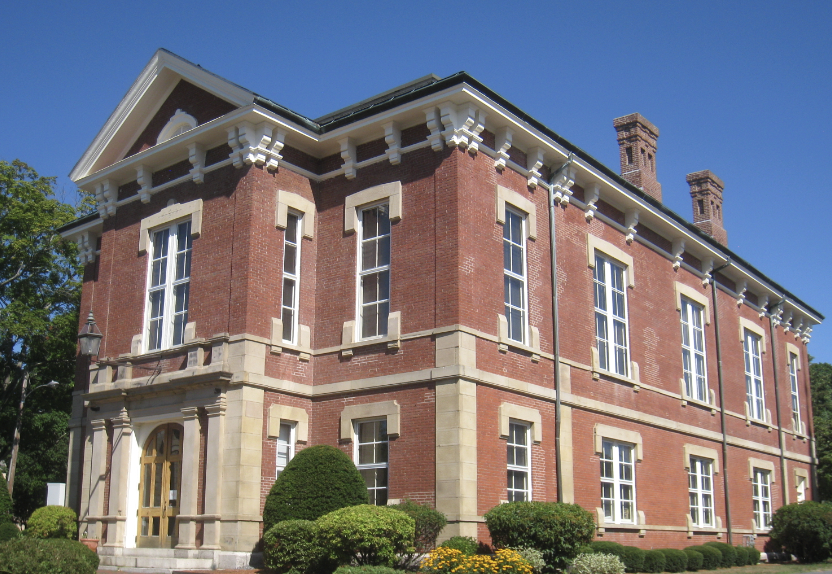In full transparency, the following is a press release from Pioneer Legal
[broadstreet zone=”59983″]
BOSTON – In an opinion that reinforces political speech rights at public meetings throughout the Commonwealth, the Supreme Judicial Court of Massachusetts has declared that Southborough’s civility code governing participation at public meetings violates Article 19 of the Massachusetts Constitution.
Article 19 protects core political speech rights—the right to assemble “in an orderly and peaceable manner. . . to consult upon the common good; give instructions to [the people’s] representatives,” and to request of the government “by way of addresses, petitions, or remonstrances, redress of the wrongs done them, and of the grievances they suffer.”
Exercising her Article 19 rights is just what appellant Louise Barron was attempting to do during the public comment portion of a Southborough Town Meeting when she was abruptly silenced and threatened with expulsion by town officials who claimed that her criticism of their repeated violations of the Open Meeting Law violated Southborough’s civility code.
[broadstreet zone=”59982″]
[broadstreet zone=”58610″]
“We are delighted that the court has made it absolutely clear that our democratic form of government was founded upon, and still depends upon, our right to freely and peaceably criticize our leaders, and to seek redress of our grievances, without fear of retribution or governmental restraints,” said Pioneer Legal staff attorney Selena Fitanides. “The town’s code requires that “[a]ll remarks and dialogue in public meetings must be respectful and courteous, free of rude, personal or slanderous remarks,” and it warns that [i]nappropriate language . . . will not be tolerated.”
PioneerLegal filed a non-party amicus brief in the case last fall urging the court to rule that civility codes like Southborough’s constitute viewpoint discrimination and, therefore, violate the sacrosanct right to free political expression enshrined in the Massachusetts Constitution.
In a 29-page scholarly opinion, Justice Kafker agreed, writing that “[a]lthough civility can and should be encouraged in political discourse, it cannot be required.”
According to our Constitution, “political speech must remain ‘uninhibited, robust, and wide-open.”
PioneerLegal President Frank J. Bailey reacted to the opinion as follows: “We are convinced that the Barron decision, which marks a high-water mark in free speech rights in the Commonwealth, will have a nationwide impact on the rights of citizens to be heard by their elected officials. We also and hope the United States Supreme Court will recognize those same rights in the federal Constitution when given an opportunity.”
[broadstreet zone=”59946″]


